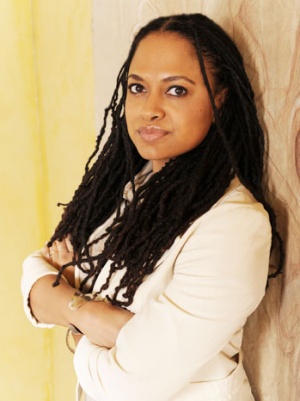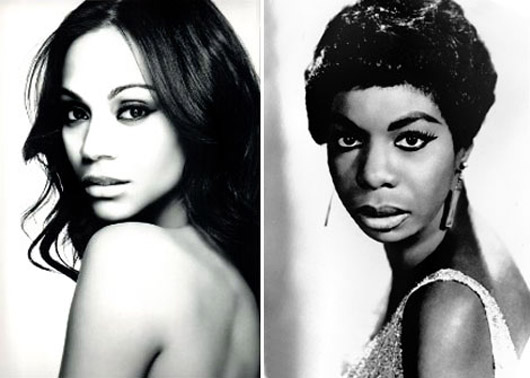I don't doubt for one second that criticism of Hollywood plays an important role in keeping Hollywood accountable. But black women owe it to each other to more frequently use our voices to highlight our resistance, our power, ways in which artists of color have been resourceful, increasing support and…
-
-
Zoe Saldana to Star in Nina Simone Biopic: How the Dark vs. Light Skin Debate Misses the Point about Black Women and the Media
In case you missed it, Hollywood is gearing up to release a biopic of Nina Simone, an African-American singer, pianist, and civil rights activists whose music was highlight influential in the fight for equal rights for blacks int he US. Zoe Saldana, a light-skinned Dominican actress has been cast to…

